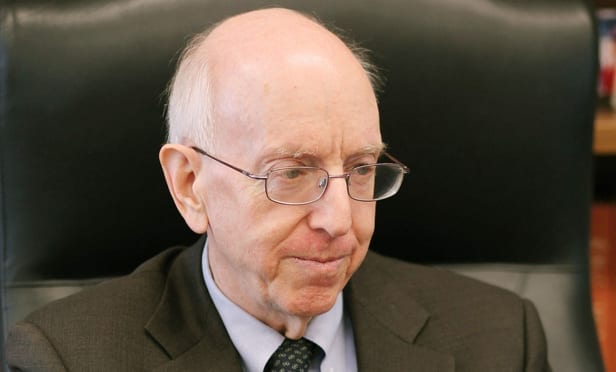Chicago’s 7th U.S. Circuit Court of Appeals entered a decision reversing a class action against glaucoma eye drops providers.
Chicago’s 7th U.S. Circuit Court of Appeals entered a decision to reverse a class action certification order in a lawsuit alleging eye drops used to treat glaucoma were larger than necessary, and the defendants who sold them, Allergan, Alcon, Bausch and Lomb, Pfizer, Merck and Prasco, were, therefore, causing patients to over pay for the drops. Glaucoma is a condition that causes damage to the eye’s optic nerve and gets worse over time. It’s usually linked to a buildup of pressure inside the eye. If the damage continues, glaucoma can lead to permanent vision loss in those who suffer from the condition. Patients use drops to decrease eye pressure by allowing fluid to drain better or decreasing the amount of fluid naturally made by the eye.
The reversal indicates that even if these companies sold cheaper eye drops that were just as effective, consumers would have still gotten exactly what they paid for. The amount would have varied, and they would have been receiving less of the product at the lower price. Judge Richard Posner, a cat lover, used these animals, cat kibbles and the cat food product Fancy Feast, among other inferences, to illustrate his point in making his decision.
“Suppose the class members all happened to own pedigreed cats, and the breeders who had sold the cats to the class members had told them that as responsible cat owners they would have to feed the cats kibbles during the day and Fancy Feast at night and buy a fountain for each cat because cats prefer to drink out of a fountain (where gravity works for them) rather than out of a bowl (where gravity works against them) and they don’t like to share a fountain with another cat,” Posner wrote. He asked readers to imagine that the cat food got more expensive, and the fountains didn’t work, and stated that obviously the owners wouldn’t be pleased with this. But, they wouldn’t think to sue the breeders, because those that sold them the cats did not misrepresent what they were selling. “It’s the same here,” Posner stated.
In other words, just because users may be disappointed with the size and price of the eye drops, this doesn’t mean the drops themselves are ineffective. Therefore, the plaintiffs who had alleged violation of merchandising practices in the state of Missouri and consumer fraud in the state of Illinois, had no basis to file the class action. There were eight classes certified in total between the two states.
“You cannot sue a company and argue only—it could do better by us—which is all they are arguing. In fact, such a suit fails at the threshold, because there is no standing to sue,” Posner explained in his decision. He specifically wrote, “there was no allegation of collusion or misrepresentation, nor any suggestion that the eye drops are unsafe” and ordered the Southern District of Illinois U.S. District Judge Staci Yandle to dismiss the case with prejudice, or permanently. By issuing the reversal, The Seventh Circuit ultimately concluded that the plaintiffs lacked standing because they failed to assert how they had been harmed.




Join the conversation!